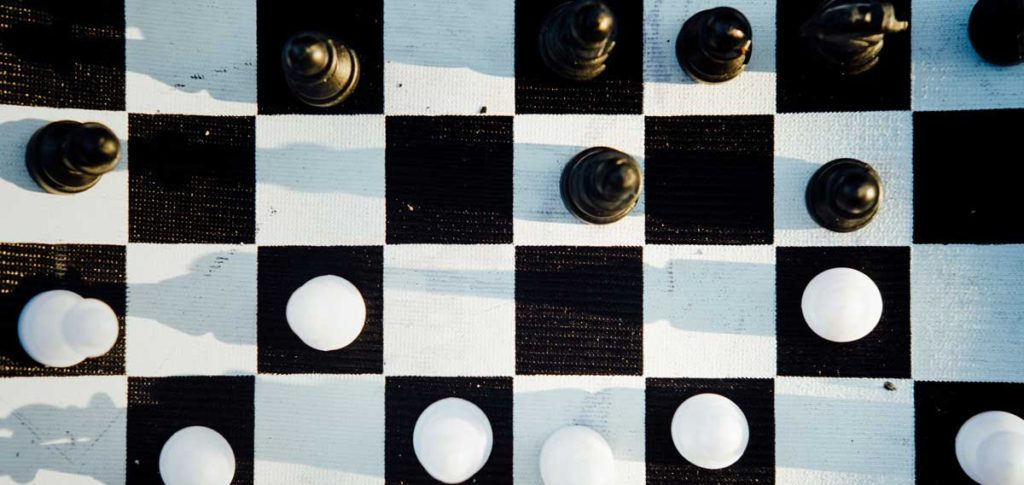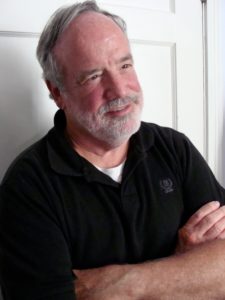The Ancient Curse of ‘Us and Them’

by David R. Dykes
 Whether we are willing to admit it or not, “us and them” inhibits our evolution; it keeps us from seeing and embracing what life will look like if our species is to survive. We cannot see how we can move past the present struggle with forces of reactionary religion and politics. This is because we always focus on ourselves and our separation from the “other.” So, most of the human family on the earth today lives in and through “us” and “them.” It’s all we know.
Whether we are willing to admit it or not, “us and them” inhibits our evolution; it keeps us from seeing and embracing what life will look like if our species is to survive. We cannot see how we can move past the present struggle with forces of reactionary religion and politics. This is because we always focus on ourselves and our separation from the “other.” So, most of the human family on the earth today lives in and through “us” and “them.” It’s all we know.
‘The First Community’
Serious historical scholarship about the origins of Christianity has found that in the months and years immediately following the execution of Jesus by the Romans, his friends and comrades came together regularly to remind themselves and each other about how their “movement” came about in the first place. They were not gathering to discuss and recite theological principles; they weren’t gathering to celebrate personal salvation; and they were not coming together to assure each other that heaven was real and they were going there if they just believed.
Archeologists and scholars of Christian origins are positing that the “first community” assembled with some frequency to assure each other that the vision they had shared was of humans living together beyond a “us and them” view of the world. Instead, they gathered to remind each other that their survival depended on their willingness to live together without regard to whether individuals in the community were “jews or gentiles, freeborn or slaves, or men and women.”
Our call today is to check where “us and them” biases have invaded our views as people, Christians, and nations. When we look to the lesson of the earliest Christians, we find affirmations that are incompatible with biases and factions. No us or them. Just me and you, you and me. What will we do?
No one today, so far as I know, speaks to the ultimate folly of this human mindset as well as Richard Rohr, our extraordinary friend. He would say that the curse we all struggle against is the real cataract on our eyes that distorts our perceptions.
